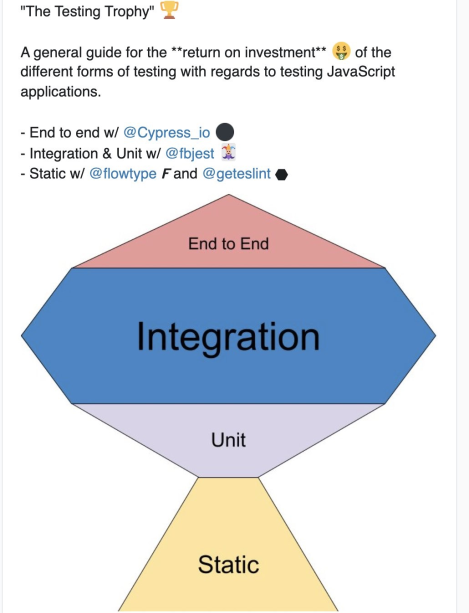The Contributions of Martin Fowler to Software Development

Introduction
Martin Fowler is a renowned software architect and author known for his influence on software development and agile practices. His work over the past few decades has significantly shaped how developers approach building software, making his ideas relevant to practitioners and students alike. With the recent shift towards agile methodologies and DevOps in the industry, understanding Fowler’s contributions is more important than ever.
The Early Years and Major Contributions
Fowler began his career in software development in the 1990s and soon gained recognition for his insights into software design and architecture. One of his key contributions is the concept of Refactoring, introduced in his book, “Refactoring: Improving the Design of Existing Code.” This work advocated for continuous improvement of the codebase, avoiding the pitfalls of ‘big rewrite’ strategies that often lead to project failures.
In addition, Fowler has been a vocal supporter of Agile Development. His book “The Agile Manifesto,” co-authored with 17 other software developers, set the foundation for agile methodologies, placing emphasis on individuals and interactions over processes and tools. This manifesto has since guided countless teams towards more flexible and effective development practices.
Continued Influence and Recent Work
Martin Fowler continues to contribute to the software community through speaking engagements, articles, and new publications. His website features a wealth of materials covering topics from software architecture to microservices, a trend growing in prominence in the tech industry. His strong advocacy for Domain-Driven Design (DDD) has also helped teams align their software design strategies with business requirements.
In 2023, Fowler released a new edition of his book, “Patterns of Enterprise Application Architecture,” which integrates current trends and technologies, making it a timely resource for developers navigating the complexities of modern project requirements.
Conclusion and Significance
Martin Fowler’s influence on software development cannot be overstated. His advocacy for refactoring, agile methodologies, and continuous learning have made a lasting impact on how software is created and maintained. As companies continue to adopt these principles, understanding his work becomes crucial for developers seeking to improve their skills and methodologies.
The future of software development looks bright, as Fowler’s ideas will likely continue to inspire new generations of programmers. For those involved in software engineering or technology management, engaging with Fowler’s literature and insights can provide invaluable guidance in facing the ever-evolving challenges in the software industry.









